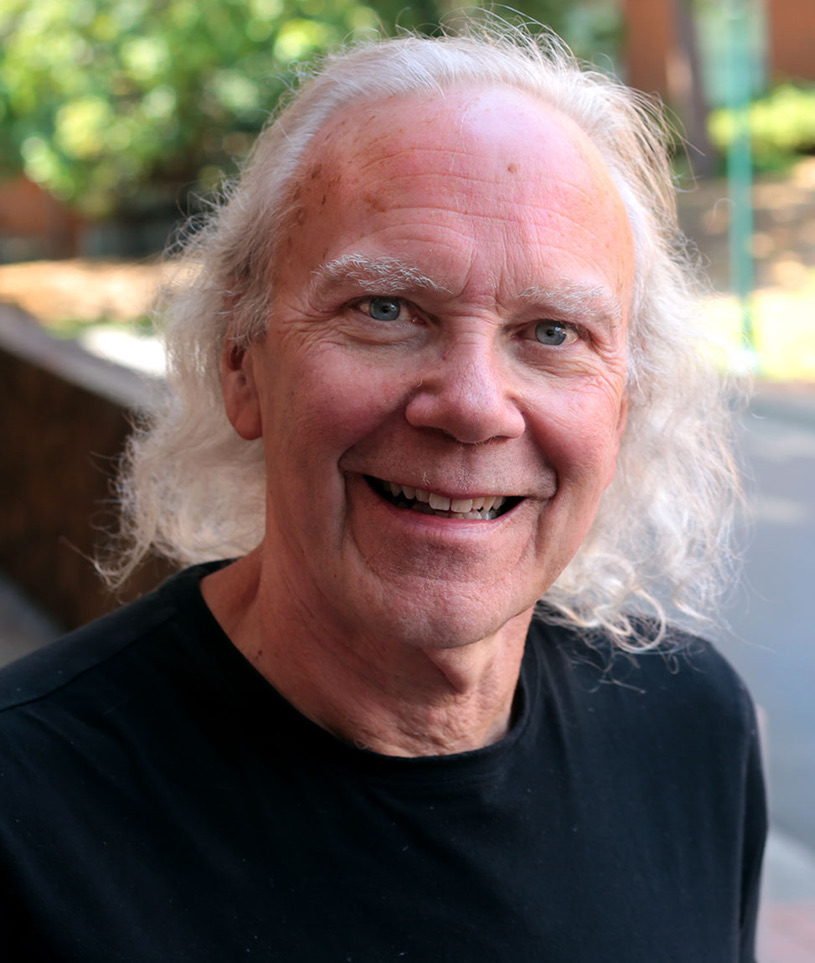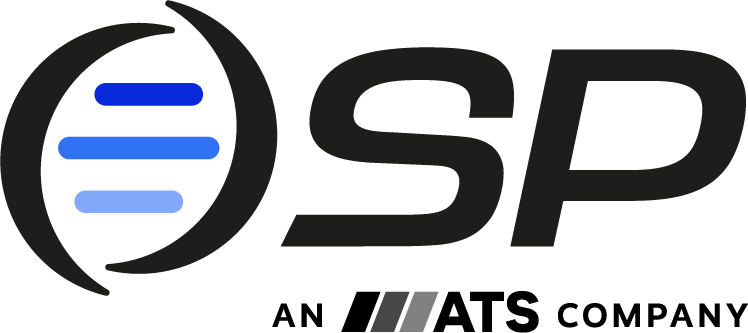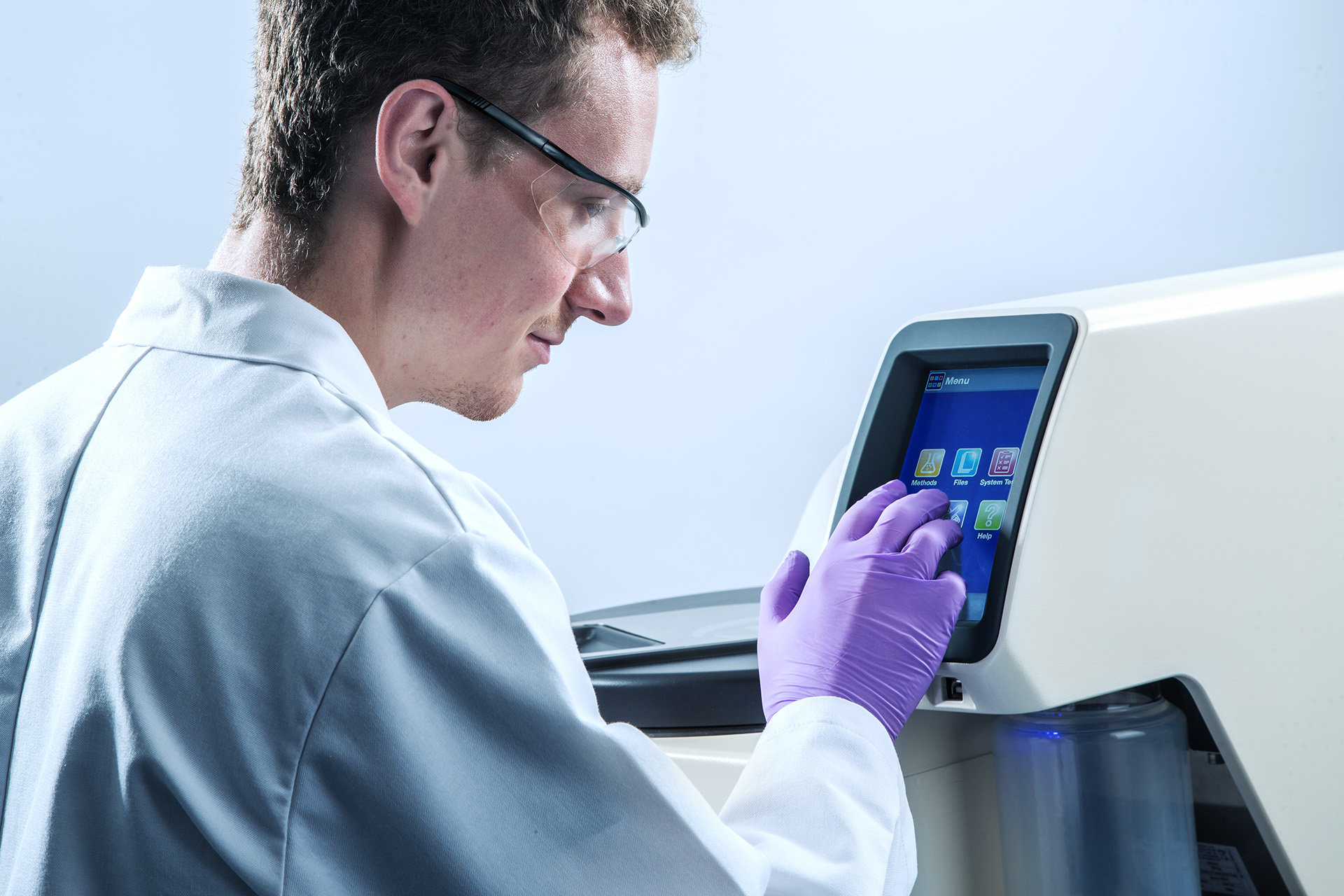Join us for an exclusive webinar with Gary Pielak, PhD. We discuss the effects of drying method on residue-level protein structure using Liquid-Observed Vapor Exchange Nuclear Magnetic Resonance spectroscopy (LOVE NMR) data from two proteins. The data show that both vacuum drying and microglassification are more protective than lyophilization. Assessing the effects on AdK activity leads to the same conclusion. Another important conclusion comes from comparing solution stability to dry-state protection. Namely, regions exposed only upon complete unfolding in solution are those that are most protected in the dry state, an observation that could be made because of the residue-level resolution of LOVE NMR. The results will help guide the discovery and optimization of new excipients for solid formulations.
Dr. Gary Pielak is a Kenan Distinguished Professor of Chemistry at the University of North Carolina at Chapel Hill. His research interests include Protein Biophysics in cells and under crowded conditions in vitro, and Biophysics of dry proteins. He earned his Ph.D. in Biochemistry from Washington State University and completed postdoctoral fellowships at the University of British Columbia and Oxford University. Dr. Pielak has served as a Program Director at the National Science Foundation and has received numerous honors, including the NIH Director’s Pioneer Award and election as a Fellow of the Biophysical Society.
Speaker

Gary Pielak, PhD
Kenan Distinguished Professor, Department of Chemistry, University of North Carolina at Chapel Hill











